A weekend in Manchester: travel guide, attractions and things to do
Everything you need to know for a city break in England’s north west powerhouse
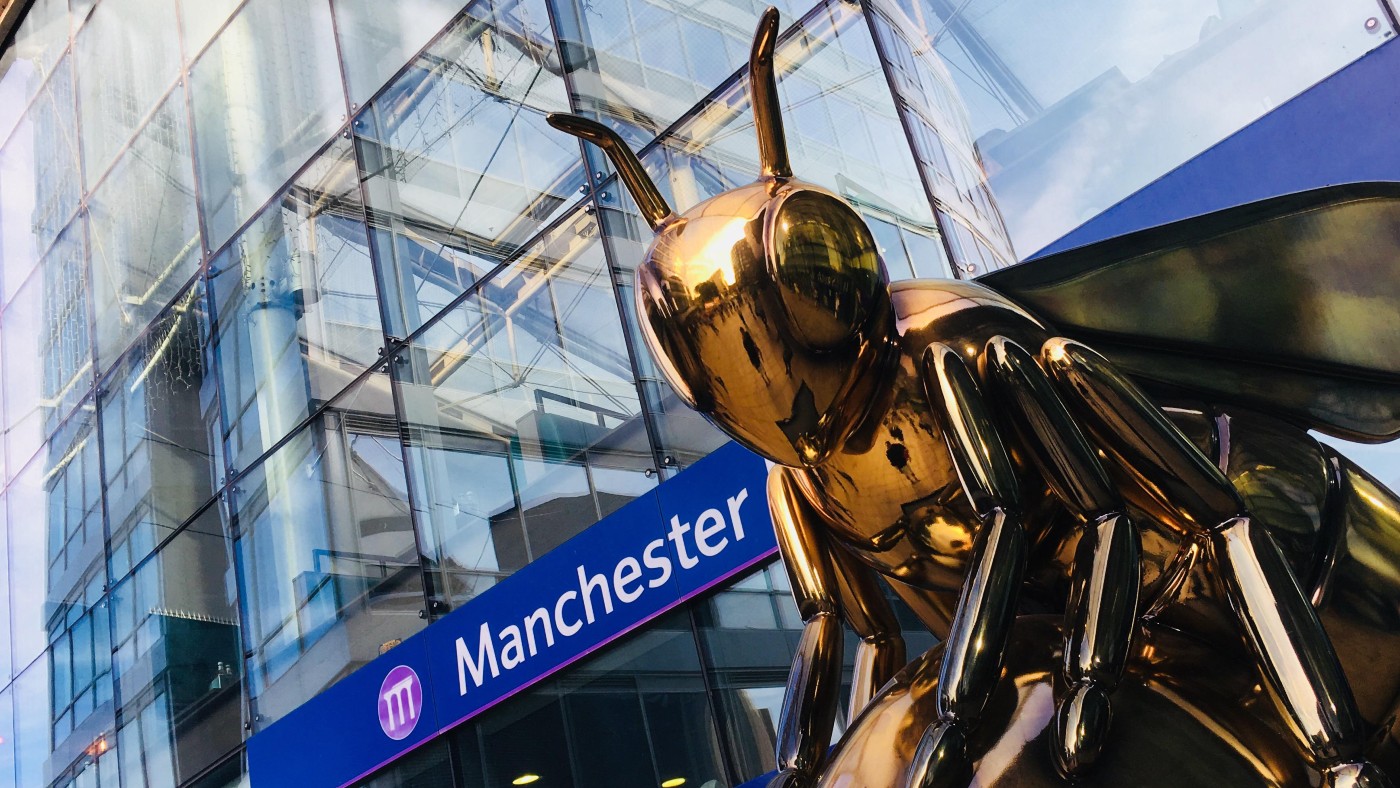
A free daily email with the biggest news stories of the day – and the best features from TheWeek.com
You are now subscribed
Your newsletter sign-up was successful
1. Why you should visit Manchester
One of England’s most “underrated” cities, Manchester is “often overlooked” by international tourists in favour of cosmopolitan London, said the Nomadic Matt travel blog. However, it “punches well above its weight” when it comes to things to see and is “worth spending a few days exploring”.
If you had visited Manchester a couple of centuries ago “you would’ve viewed an industrial city as it churned out cotton”, said US News. “In fact, it was the world’s first industrialised city.” It pays homage to its roots with a handful of museums and the preservation of some historic buildings, but Manchester “hardly dwells in the past”. Rather than cotton, “these days, Manchester is cranking out a contagious energy”.
This is a city of “stadiums, suffragettes and The Smiths”, said Cathy Toogood in The Telegraph. Manchester may be well known for its two football clubs, City and United, but it’s also a Unesco City of Literature and its listed buildings and red-brick cotton warehouses are “reminders of its industrial past”. Many are now home to “luxury hotels, hip bars and imaginative restaurants”.
The Week
Escape your echo chamber. Get the facts behind the news, plus analysis from multiple perspectives.

Sign up for The Week's Free Newsletters
From our morning news briefing to a weekly Good News Newsletter, get the best of The Week delivered directly to your inbox.
From our morning news briefing to a weekly Good News Newsletter, get the best of The Week delivered directly to your inbox.
Whatever your interests – culture, art, music, food, sport or shopping – this city has got it all. For Mancunians born or based here, “it is the best home in the world”, said Lonely Planet. “For everyone else, it’s a brilliant place to visit.”
2. Top attractions: things to see and do

Walking and tours
If you really want to explore a city then take a stroll. Starting every day at 11am from the Alan Turing Memorial in Sackville Gardens, the Free Walking Tour of Manchester tells the story of the city and gives visitors the chance to discover some hidden gems. Expect to hear about “political trailblazers, architectural wonders, street art and urban legends, historical stories, rave culture, football giants, industrial innovation, musical heroes and much more”.
If a leisurely walk is more your thing then Manchester is very easy to navigate. The city centre is compact and you can stroll between popular areas such as Deansgate, Spinningfields, Chinatown, the Gay Village and the Northern Quarter.
A free daily email with the biggest news stories of the day – and the best features from TheWeek.com
Museums
There are “a lot” of museums in Manchester, said Time Out. Three of the top museums to visit include the People’s History Museum, which is “dedicated to the history of democracy, radicalism, equality and social justice”; the Imperial War Museum North, an “architectural marvel and world-leading research centre”; and the “sprawling, swaggering” Manchester Museum, the UK’s largest university museum. Other notable museums include The Pankhurst Centre and the Museum of Science and Industry.
Arts and literature
Head to Salford Quays to visit The Lowry, which is home to three stunning theatres and galleries. Manchester Art Gallery, Whitworth Art Gallery and the John Rylands Research Institute and Library are also must-see attractions.
Music
As home to The Smiths, Oasis, The Stone Roses, Joy Division/New Order and the 90s rave scene, music is ingrained in Manchester’s fabric. Manchester Music Tours, which was created by the late Craig Gill, drummer of Manchester band Inspiral Carpets, offers tours to locations that “illustrate Greater Manchester’s rich musical heritage and significance”. Major venues include the AO Arena, The Met, Albert Hall and the O2 Ritz. This summer the iconic New Century Hall reopens while next year the UK’s largest new live music venue, the 23,500-capacity Co-op Live arena, will open its doors for concerts and events.
Sport
The city’s two Premier League football teams, champions Man City and rivals Man Utd, are a huge draw for visitors. If you can’t get tickets for a match, tours are available at City’s Etihad Stadium and United’s Old Trafford. Another brilliant attraction for footy fans is the National Football Museum, which opened in 2012 and has four floors of exhibitions, trophies and memorabilia to explore.
It’s not just football that sports fans can embrace in Manchester. County and Test cricket can be enjoyed at Lancashire Cricket Club’s Old Trafford Cricket Ground while Sportcity, which is less than two miles from the city centre, features the UK National Cycling Centre, Manchester Regional Tennis Centre, Regional Athletics Arena, National Squash Centre, and the Etihad Stadium.
3. Hotels and accommodation: where to stay

Two hotels – the Stock Exchange Hotel and The Edwardian Manchester – both get 9/10 ratings from the experts at The Telegraph. If you’re looking for luxury then King Street Townhouse is the place to stay, according to The Independent. Hotel Football is “best for sports fans” while The Lowry Hotel is “best for people-watching”.
In his reviews on this website, Neil Davey picks out Dakota Manchester as an “extremely slick” hotel with a “cracking” restaurant. While the Moxy Manchester City is a “solid three-star option” and the Hotel Brooklyn is “funky” and accessible for all.
Aparthotels
If you want to stay somewhere which offers more than just a bed and shower, then an aparthotel is a great option. Hyatt House, which alongside the Hyatt Regency is part of the Hyatt Manchester complex, is located near to the universities and has furnished studios and one-bedroom suites which come fully equipped with modern kitchens, free Wi-Fi, complementary breakfast and access to the hotel’s gym and laundry facilities.
Another top option is Native Manchester at Ducie Street Warehouse. Located just a five-minute walk away from Piccadilly train station it has a range of luxury and serviced apartments.
4. Best restaurants: where to eat
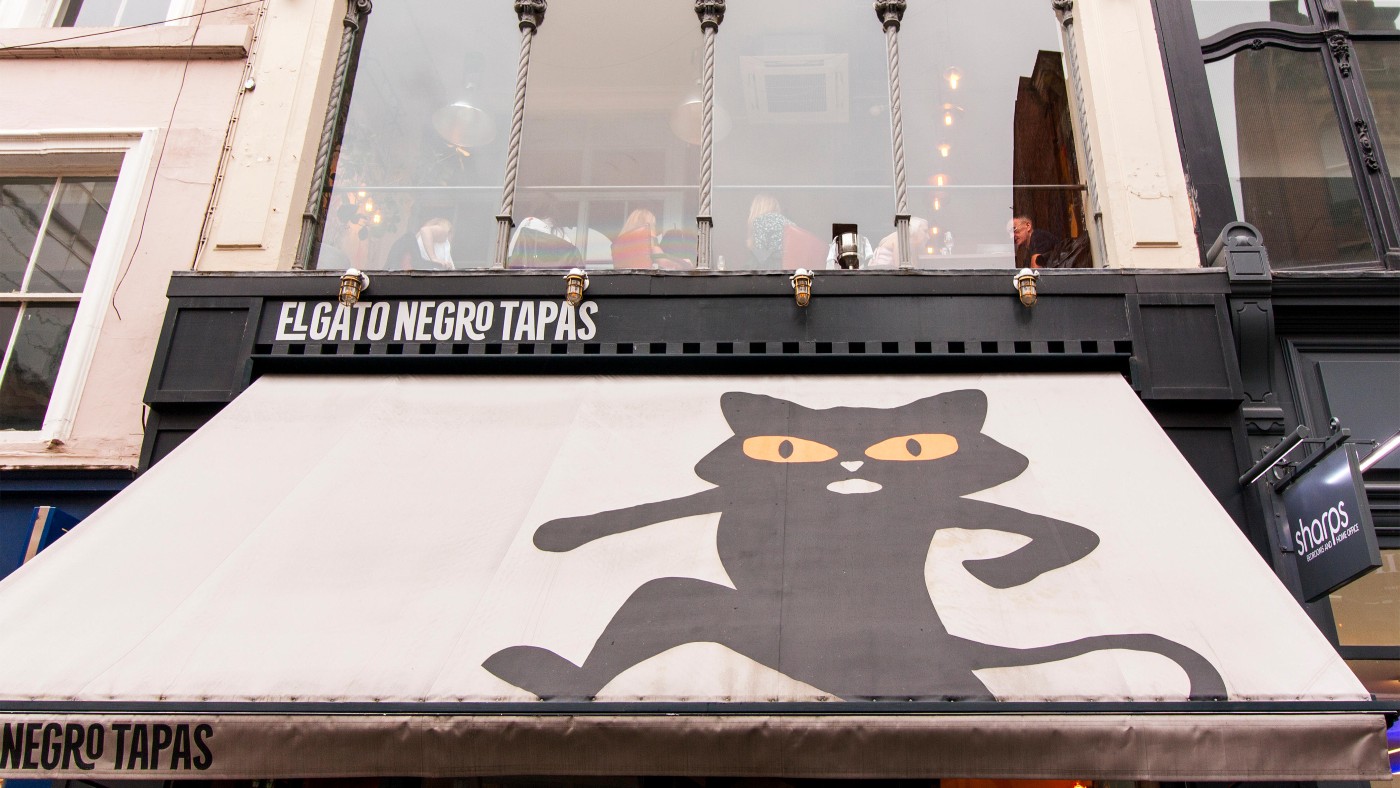
Manchester is England’s “most exciting food city”, said Robin Cherry on Food&Wine. And there are a host of foodie spots which are leading the city’s “culinary renaissance”.
One such area is Ancoats, located next to the Northern Quarter, which is “arguably the most exciting food postcode in the UK right now”, said Neil Davey. On Murray Street in Ancoats, Erst received a glowing review from The Observer’s restaurant critic Jay Rayner, who visited in September 2021. “One of the best meals of the year,” he said.
Offering creative British and modern cuisine, Mana is Manchester’s only Michelin-starred restaurant. While Spanish restaurant El Gato Negro has a Michelin Bib Gourmand.
Manchester has “enviable eateries for plant-based diners”, said Julia O’Driscoll in her round-up of the city’s best vegan and vegetarian restaurants. The Allotment Vegan Eatery, The Walled Gardens, and Greens are all highly recommended.
5. Transport: how to get there
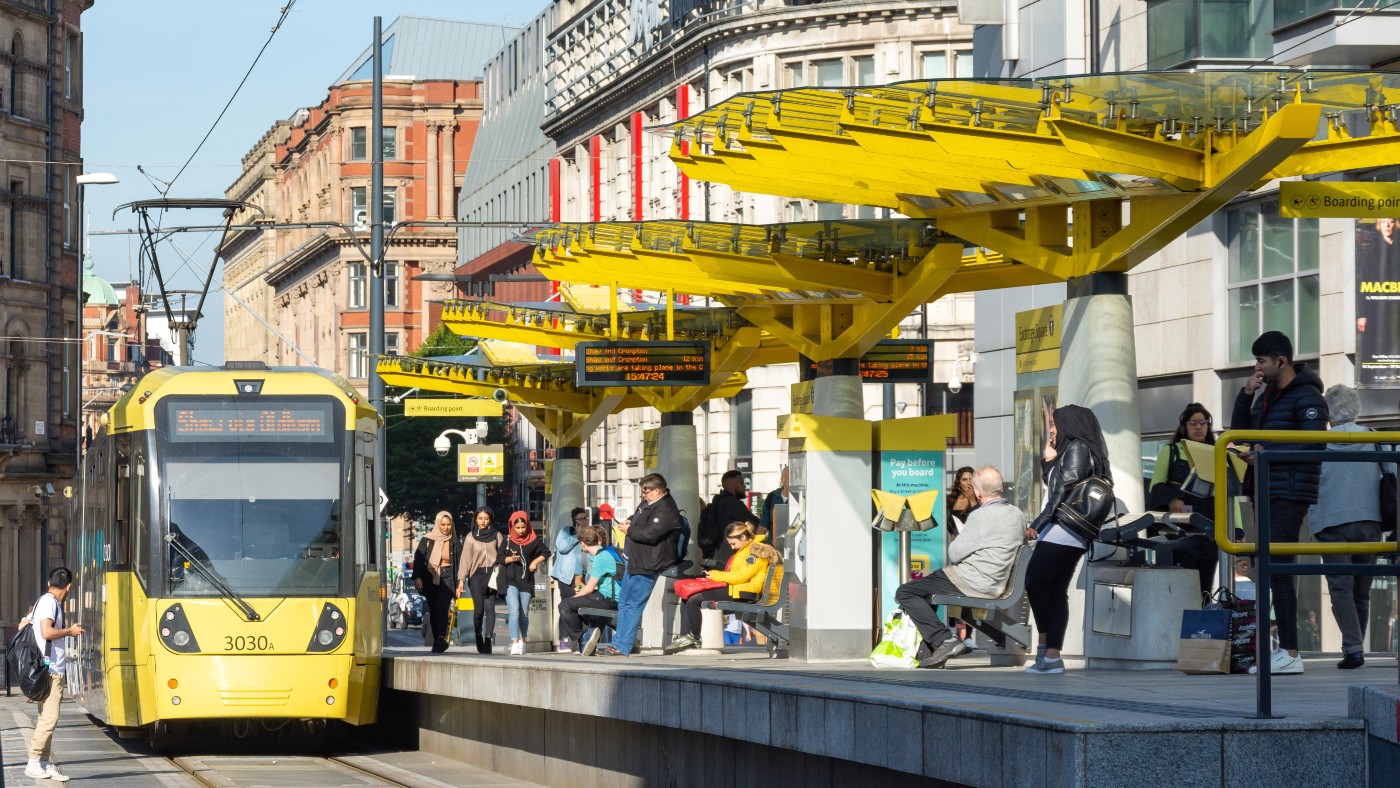
Trains
There are three main stations in Manchester’s city centre: Piccadilly, Oxford Road and Victoria. Direct services are available from across the UK and operators include Avanti West Coast, TransPennine Express, CrossCountry Trains, Great Western Railway and Northern Rail.
Airports
Located around eight miles south of the centre, Manchester International Airport serves more than 190 UK and international destinations. Trains between the airport and Piccadilly station in the city centre take around 20 minutes.
Metrolink
Manchester’s Metrolink tram system connects all the major railway stations and tourist attractions.
6. What the locals say…
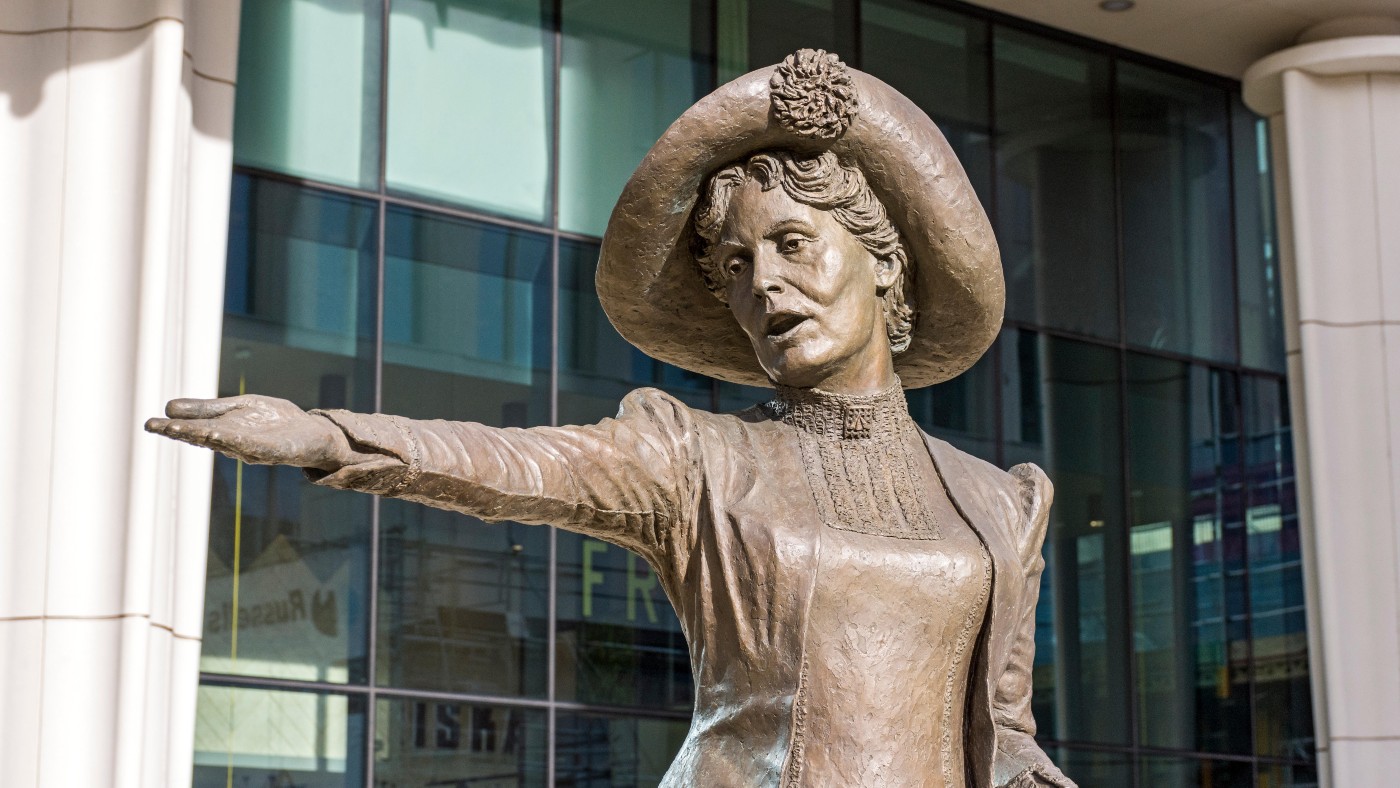
Andy Burnham, mayor of Greater Manchester, has urged visitors to discover the city’s rich social history. As home of the suffragette movement, a statue of leader Emmeline Pankhurst can be found in St Peter’s Square. “We’ve always been the radical reformers outside of the London establishment,” he said. “That’s the role the city’s always played.”
Julia O'Driscoll is the engagement editor. She covers UK and world news, as well as writing lifestyle and travel features. She regularly appears on “The Week Unwrapped” podcast, and hosted The Week's short-form documentary podcast, “The Overview”. Julia was previously the content and social media editor at sustainability consultancy Eco-Age, where she interviewed prominent voices in sustainable fashion and climate movements. She has a master's in liberal arts from Bristol University, and spent a year studying at Charles University in Prague.
-
 Witkoff and Kushner tackle Ukraine, Iran in Geneva
Witkoff and Kushner tackle Ukraine, Iran in GenevaSpeed Read Steve Witkoff and Jared Kushner held negotiations aimed at securing a nuclear deal with Iran and an end to Russia’s war in Ukraine
-
 What to expect financially before getting a pet
What to expect financially before getting a petthe explainer Be responsible for both your furry friend and your wallet
-
 Pentagon spokesperson forced out as DHS’s resigns
Pentagon spokesperson forced out as DHS’s resignsSpeed Read Senior military adviser Col. David Butler was fired by Pete Hegseth and Homeland Security spokesperson Tricia McLaughlin is resigning
-
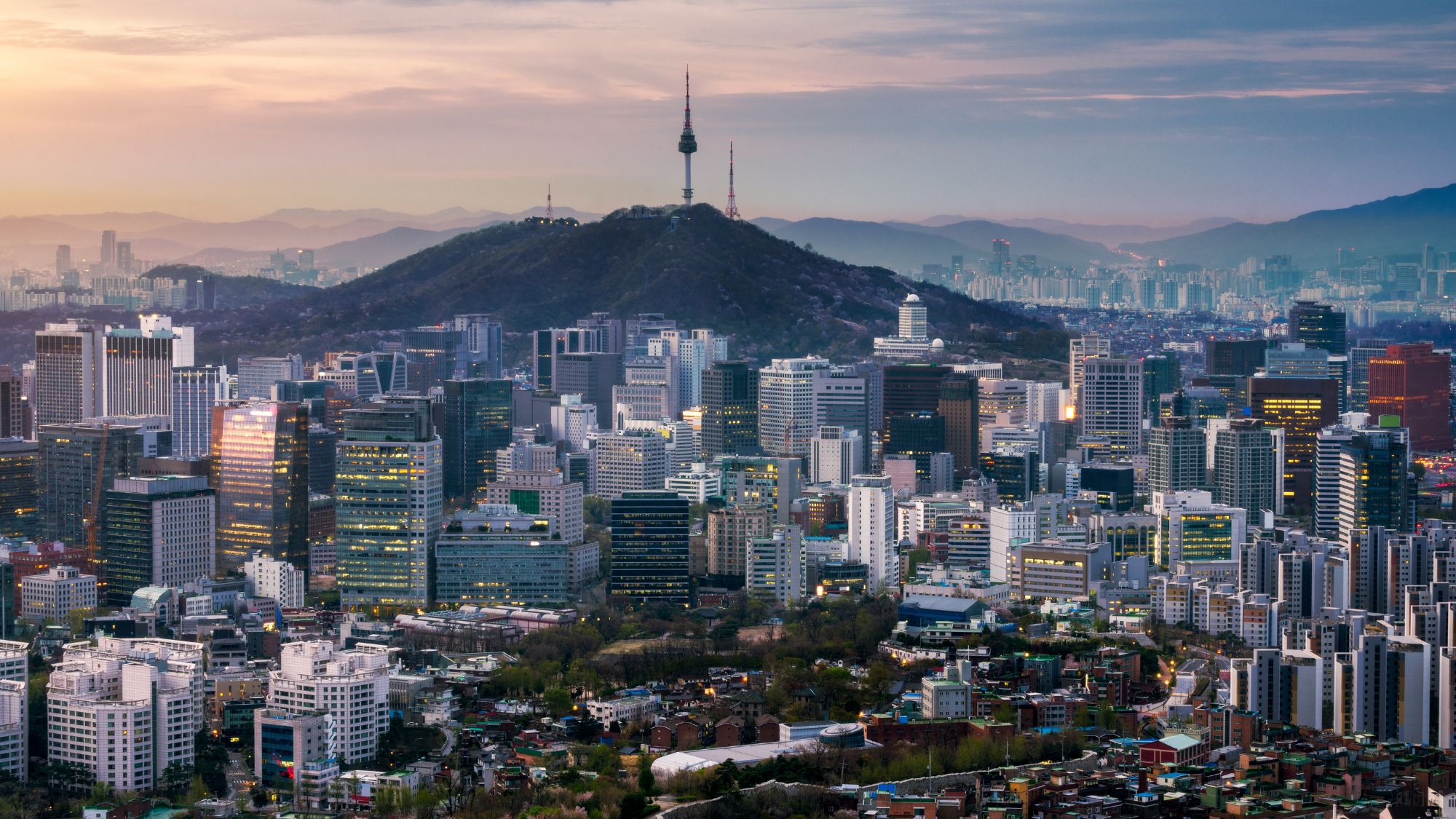 South Korea highlights: ancient history meets modern culture
South Korea highlights: ancient history meets modern cultureThe Week Recommends From the bright lights of Seoul to Busan's beaches and the 'living museum' of Gyeongju, this tour offers a taste of a unique heritage
-
 Desert wellness in Scottsdale: the best of Arizona's Old West
Desert wellness in Scottsdale: the best of Arizona's Old WestThe Week Recommends Boost body, mind and soul in this hub of healthy living
-
 Isles of Scilly: discover the abundant joys of island life
Isles of Scilly: discover the abundant joys of island lifeThe Week Recommends Ramble, sail and feast your way around Scilly to experience a region like no other
-
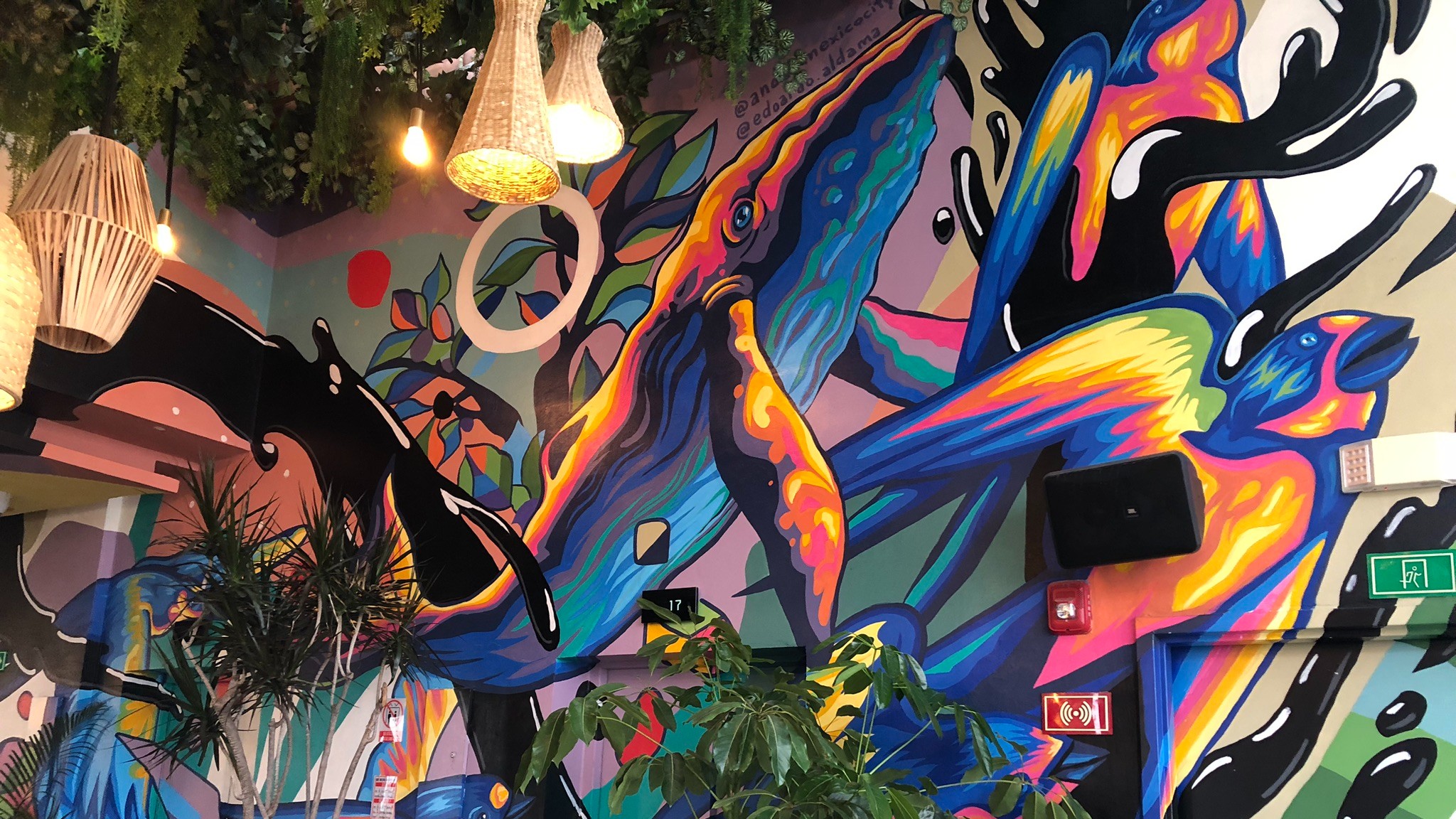 Mexico City travel guide: art and design
Mexico City travel guide: art and designThe Week Recommends Modern vibrancy, design legacy and ancient heritage puts Mexico's jewel alongside other art capitals of the world
-
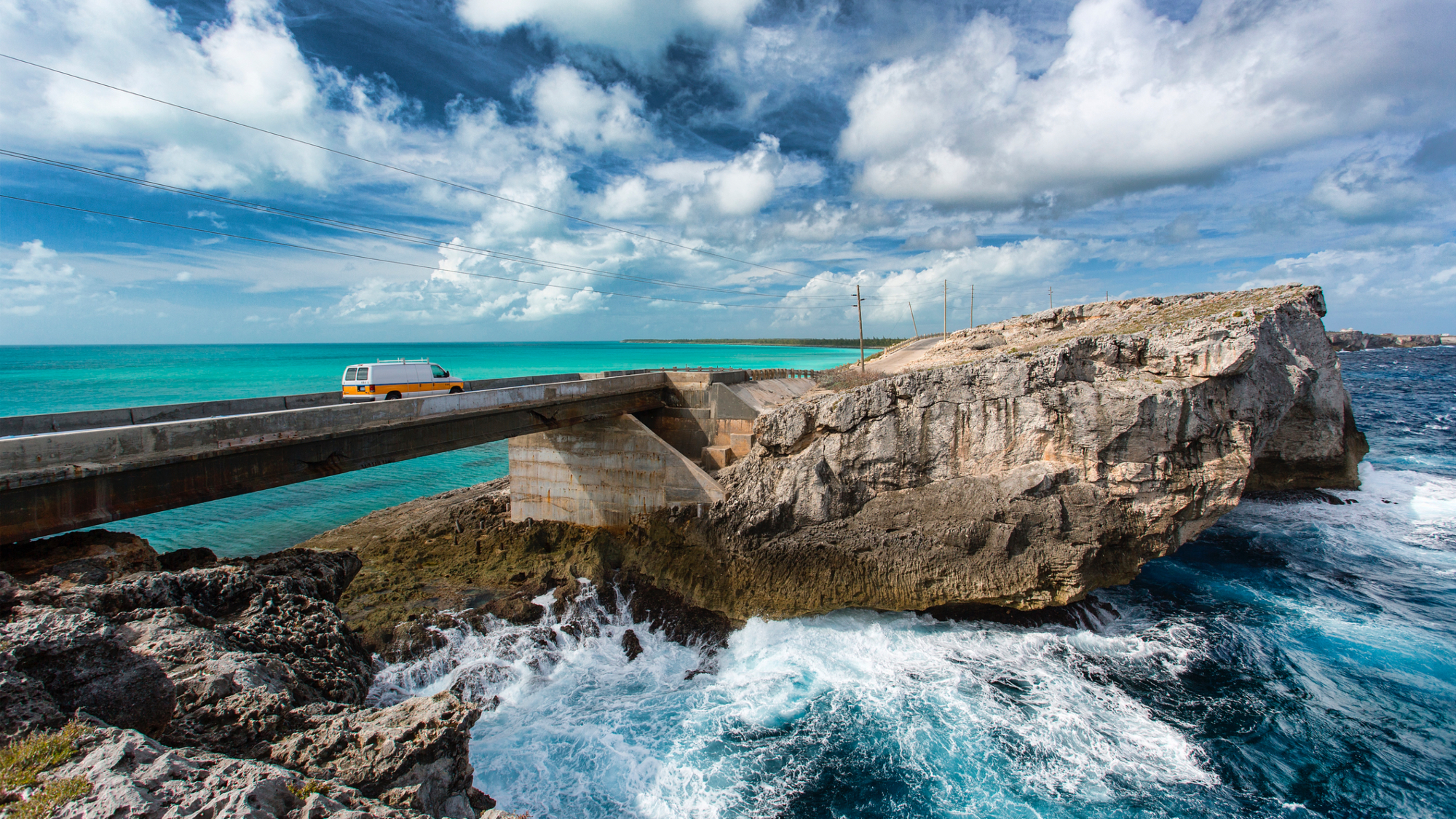 An unspoiled island in the Bahamas
An unspoiled island in the BahamasThe Week recommends Explore the natural beauty, windswept beaches and crystal-clear waters of Eleuthera
-
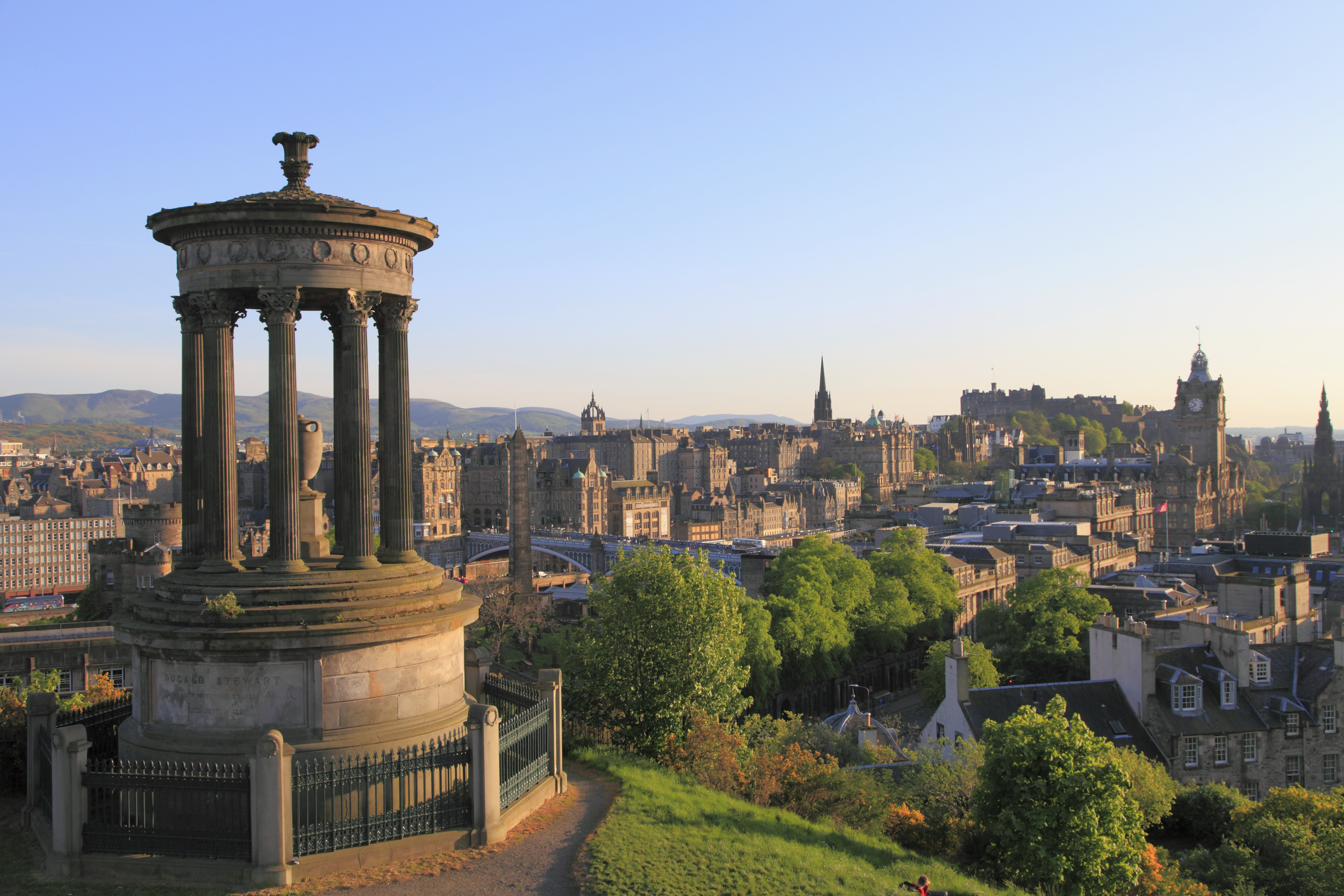 Edinburgh, Scotland: where history ambles alongside the present
Edinburgh, Scotland: where history ambles alongside the presentThe Week Recommends Plan your trip to the Scottish capital
-
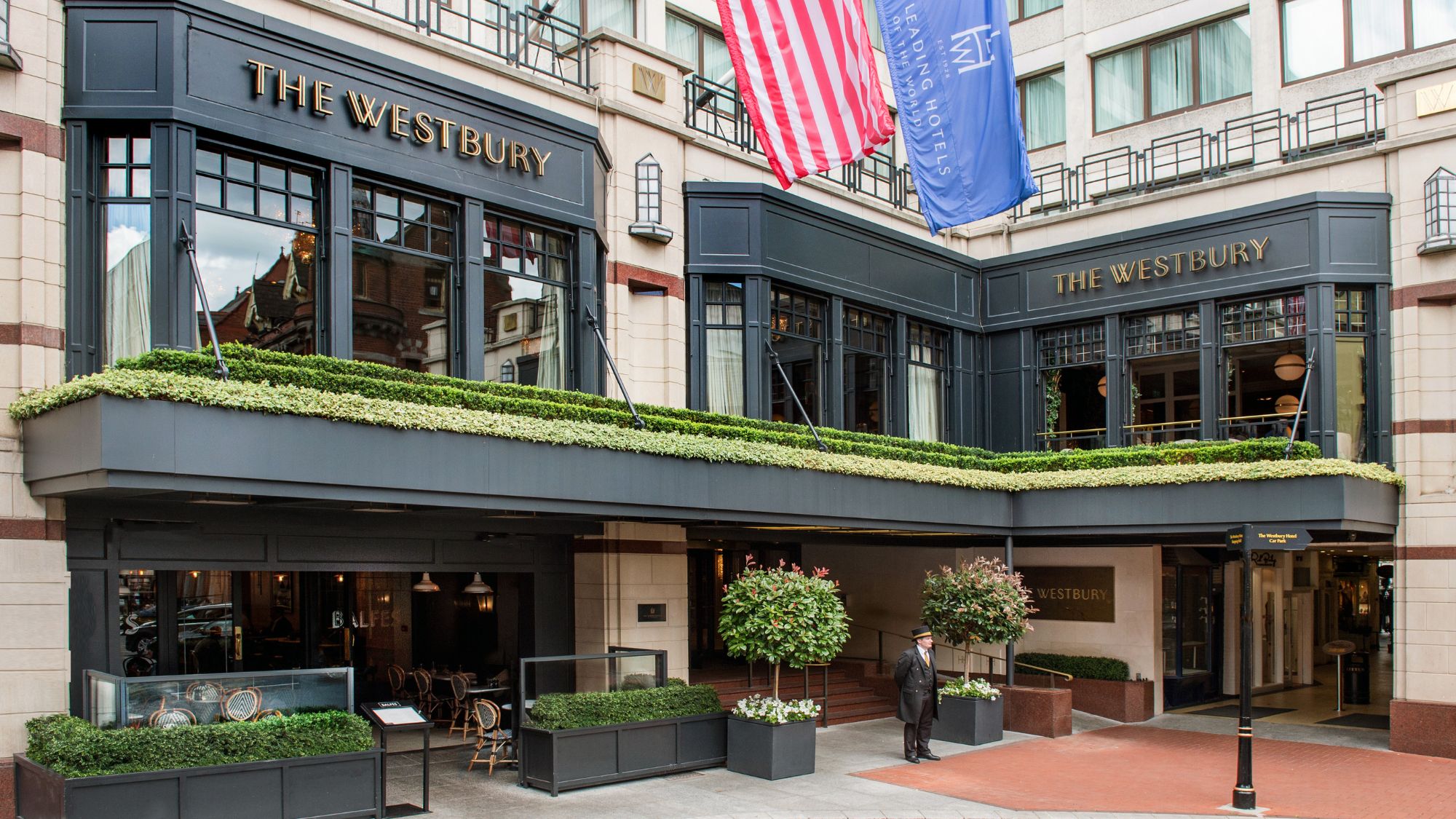 The Westbury Hotel review: stunning suites in charming Dublin
The Westbury Hotel review: stunning suites in charming DublinThe Week Recommends This hotel is the perfect spot to while away a weekend in Ireland's capital
-
 Rio de Janeiro: a guide to Brazil's iconic city
Rio de Janeiro: a guide to Brazil's iconic cityThe Week Recommends There's far more to Rio than just mountains, beaches, music and dance